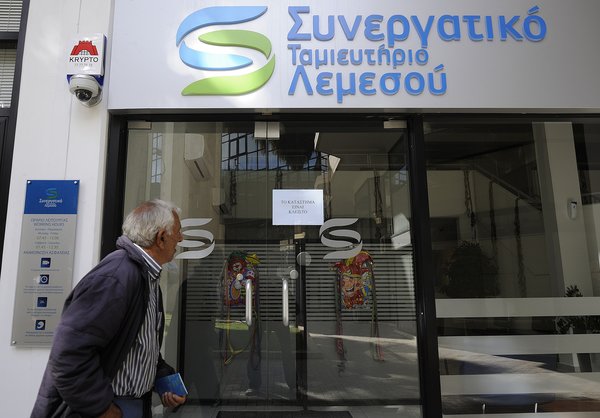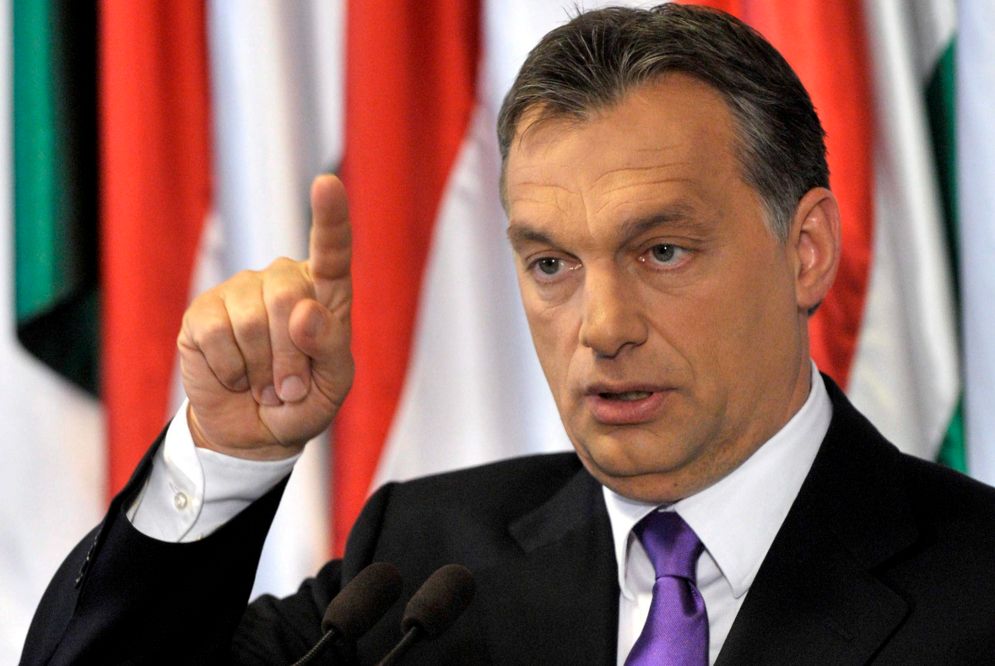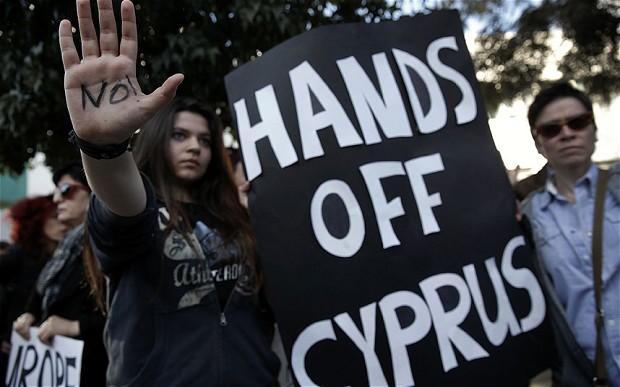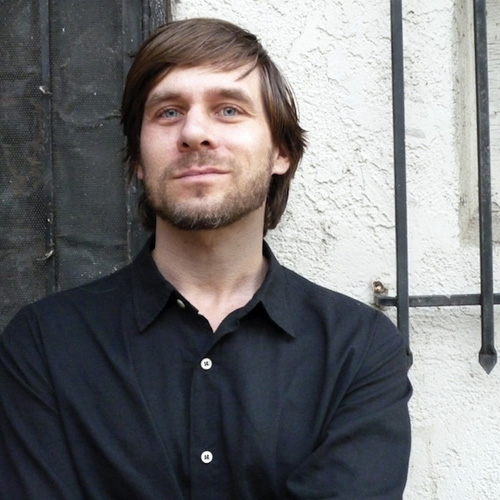The motor of human history turns on the question of political form. In the ancient world, two such forms prevailed: the city-state and the empire. Indeed, the history of the ancient world is essentially the history of the interplay of these two forms, whether through war (as in the Greek cities’ war against the Persian Empire) or through a city’s becoming an empire. Athens was an imperialistic city, but it didn’t succeed in becoming—or at least in maintaining—an empire. It was Alexander, who came from the periphery of the Greek world, who established the Greek empire. From then on, an imperial Greek space existed that was soon occupied by a newcomer: Rome, which made the almost unbelievable effort of transforming itself from a little city into a world empire (see City, Empire, Church, Nation, Summer 2012).
These are elementary historical facts, and yet, on close inspection, they reveal a remarkable intelligibility. The city is the smallest human association capable of self-government, while the empire is the most extensive possible grouping under a single sovereign. Thus we have two conceptions of humanity, two ways of crystallizing the fact of being human. Not only might we say that the ancient order was based on these two great political forms and their interrelations; we might add that this ancient order was the natural order of human things, as both forms developed spontaneously, without any previous idea or conception—unlike the modern state.
The persistence of empire in European history after the fall of Rome is striking: the Holy Roman Empire, the French Empire, the German Empire, and now the European Union, which some call an empire. Yet empires didn’t determine the form of Europe. Nor was European life organized mainly in city-states, though the city saw some remarkable developments in such places as Italy, Flanders, and the Rhineland. Why did Europe gradually abandon the two natural forms of human association And why did a third form, for which there was no equivalent in the ancient world, finally prevail
To understand the modern nation’s displacement of the ancient city and empire, one should start with Cicero, who was the first to confront the problem of the city’s viability and of its passage into another political form. Trained in Greek philosophy, Cicero had learned and accepted the classical interpretation of the republican government under which he lived: the notion that the best regime was a mixture of monarchy, aristocracy, and democracy. But that framework no longer made sense in the context of a Rome that was stretching beyond the limits of the city. Cicero was thus caught between old notions—in fact, notions that he had undertaken to explain to his compatriots—and the rise of something new. For something unprecedented was happening in Rome: for the first time, a city, the most compact and dense political form, was expanding in an effort to encompass the whole world. Herein lay a challenge for thought and for political action.
As for action, Cicero, of course, lost his life in that effort. But what especially interests us is the way he tried to adapt old categories to a new world. A careful reading of Cicero’s political works shows that they subject Greek philosophy to a profound transformation and contain certain doctrines or themes that we associate with modern political philosophy. One example of these innovations is that Cicero defines the magistrate as the bearer of the public person. But this notion of the public person—as abstracted at once from the particular judgment of the magistrate and from any immediate choice on the part of the citizen body—was unknown to the Greek city. Another example: his statement that the protection of property is the function of the political order—again, a foreign concept to the Greeks. A third: Cicero emphasizes the particularity of each person, distinguishing between the nature common to human beings and the nature proper to an individual person; he invites the individual not only to follow nature, as Greek philosophy would have it, but to follow his own nature.
These elements imply a profound reconsideration of Greek political philosophy, one that attempts to account for a new situation by using new terms. An emphasis on one’s particular nature obviously gives that nature increased authority in the public space. The definition of political order in terms of the protection of property brings private affairs to a new position of prominence—again, at the expense of the public space. Finally, the political realm loses the real, substantial character that it had when the city was visible as a whole that could be seen all at once; now that the city is so extensive, it is the magistrate who shines forth in the public light.
All these innovations suggest that Cicero took note of and encouraged, to some degree, the decomposition and recomposition of the civic political order and that he was sketching the main features of a new order, even if its elements weren’t sufficient on their own to constitute that order. That is, they didn’t succeed in preserving civic life—what Machiavelli later called the vivere civile or vivere politico—in a political form that was no longer the city. The indeterminacy of Cicero’s thought is particularly evident inThe Republic, which moves in two opposite directions: on the one hand, it emphasizes the collective wisdom of the Romans throughout the course of their history, thus playing down the importance of individual legislators; on the other hand, it seeks a royal figure, aprinceps capable of restoring the civic order that the mixed regime, though inherently preferable, has proved incapable of preserving.
Over the course of the next 15 centuries, Cicero remained the person who had most intelligently gathered together the usable elements of the ancient political tradition. He was a major reference for Saint Augustine, as for Thomas Aquinas. His authority, during the centuries that we call Christian, was roughly equal to that of the church fathers. He was truly the source of political thought. And those centuries, which preceded the formation of the modern order and the construction of the modern state, were characterized by the absence or indeterminacy of the political order. Neither empire nor city was able to meet the requirements of the time. We can call this long period of indeterminacy the Ciceronian moment.
It’s hard to know what to make of the period. We may know a lot about it, but we aren’t able to discern a coherent human order in it. We have a coherent picture of the ancient order—the Greek and then the Roman order—insofar as we find there a coherent civic life. We have a still more complete comprehension of the modern order, in that the modern state is constructed on a plan that can be called philosophical. There are thus two long periods of intelligibility. If we read histories of political philosophy, we find in them the great body of ancient thought and the great body of modern thought—and a long period between the two, concerning which we don’t know what to say. Thanks to the division of labor in universities, you can easily locate fine scholarly volumes devoted to medieval political thought. But if you look into the subject, you’ll realize that medieval authors’ thinking is essentially divided between those who carry on the ancient tradition and those who announce or prepare the work of the moderns. True, the Middle Ages have been rehabilitated in the academy. But our recognition of the period’s accomplishments shouldn’t distract us from what is decisive from a political perspective: the human world during those centuries doesn’t lend itself to our comprehension because it had no experience of an adequately coherent human order.
Indeed, to understand the Middle Ages, one must pay attention to the absence or indeterminacy of the political order. Throughout those centuries, Europe was in search of such an order. The disorder of European politics and the effort to find a way out of it—the desire and the need for a reasonable and coherent political order—was the cause of European development. The root historical cause was the desire of human beings to be well governed, or at least not too badly governed. What drove history was man’s political nature.
It thus becomes clear that modernity was defined by a movement toward a reordering. Medieval authors were unable to find this principle of order, despite the holism said to have prevailed in that age. Rather, they were caught up for ten centuries in a plethora of approximate and not necessarily compatible references, including small or large doses of Aristotle, a lot of Cicero, a bit of the church fathers, a few references from the Bible, and some Latin historians—and all this was supposed to provide the basis of a coherent doctrine. But no such doctrine would be elaborated until the seventeenth century, when, after the sixteenth-century rupture associated with Machiavelli and with Luther, it finally became possible to make a fresh start.
The universal human need for order or good government operated in Europe in a framework defined by two conditions. The first, as we’ve seen, was the experience of the Ciceronian moment—the difficulty or impossibility of recovering the lost civic life of the ancients. The second was the Christian proposition of a human community at once broader and narrower than any political community, a proposition that couldn’t help but question the legitimacy of the two great ancient political forms of city and empire.
It was Machiavelli who responded most audaciously to the situation. But what exactly was his project What political form, old or new, did he draw upon—the city, the empire, perhaps a new nation along the lines of the strong French monarchy beginning to emerge The answer isn’t clear. What is certain, though, is that he conceived of action as still possible, a striking alternative to the inertia of the Ciceronian moment. Consider simply his idea of the virtuous prince—the prince endowed with a virtue that consists of the capacity to oppose and to master fortune. Or consider Machiavelli’s tone, constantly suggesting that we must not let anything discourage us; or his statement that fortune favors the audacious.
But Machiavelli didn’t clearly outline the new order that action was supposed to produce. He did define a certain number of conditions of that action, famously dismissing all moral or religious precepts, all prudential maxims, and all forms of respect transmitted with our mothers’ milk that might forbid, fetter, or discourage action. He replaced the maxims of morality with his own maxims, which were so intentionally shocking as to wake men up to their passivity and to the inertia induced by the action-shackling idea of the good. His ideas didn’t form recognizable political institutions; they were to institutional construction what the preparation of artillery is to battle. In this way, Machiavelli provided the conditions of the possibility of a new order. The new order required that Europeans believe in the possibility of creative and founding action—that they believe that it was time to forget the old Greek, Roman, and Christian foundations in favor of new ones.
If Machiavelli were a theologian, one might say that he reduced all the theological virtues to one: hope. If he were a moral philosopher, one might likewise say that he reduced all the cardinal virtues to one: courage. Of course, he was neither. What he preached was a new political action—a radical, unprecedented, transformative, founding action—and he preached it in the absence of any available, or even prospective, political order. The order remained indeterminate; but with Machiavelli, we hear—for the first time in Europe—the call to revolution.
The role of the Protestant Reformation in the emergence of the new order becomes clear as we consider that it presented itself directly and explicitly as a political movement. The heart of the Reformation was undeniably its attack on the mediating character of the Catholic Church. The Church saw itself as the necessary vehicle for salvation and as the mediator between man and God. Luther directly and violently attacked that claim, and the ensuing destruction of ecclesiastical mediation brought about profound political disruptions.
For one thing, the rupture of ecclesiastical mediation gave power, including spiritual power, to the temporal prince, since it stripped spiritual princes—the Church and its prelates—of their legitimacy. The repository of religious authority was henceforth the community of citizens (if one can speak of citizens at this point) or the community of believers; and since those communities were governed by temporal princes, it was these princes who inherited the mediating power.
A second political consequence of the Reformation: if the spiritual community, the Christian community, wasn’t the universal Catholic Church, it followed that it was the community as defined politically and temporally. Now, the community as defined politically and temporally was the national community. So the Lutheran Reformation was, to a large extent, a national revolution—a German revolution, for which Germans long afterward felt nostalgia.
The breakdown of Catholic mediation, in other words, contributed to the reinforcement of two elements that proved decisive in the constitution of modern Europe: the sovereignty of temporal princes and the authority of the national principle. We will never know what Machiavelli would have thought of the Reformation’s political consequences. But it certainly contributed to the destruction of an inertia that he deplored: the political impunity of spiritual princes. The end of Catholic mediation was a necessary precondition for an active rapprochement between temporal princes and Christian peoples.
The Catholic Church, too, had been a brake on human action; it tended to dissuade the faithful from undertaking action in this world. But now, with the Church set aside, the elements of the social world accelerated. Secular institutions, such as work and marriage, were freed from competition with spiritual institutions—namely, the monastic orders and consecrated celibacy. To understand the effects of the Reformation on human action, there is no need to resort to Max Weber’s ingenious but obscure theses on the economic effects of the doctrine of predestination. Insofar as religion was a factor, what was essential for the acceleration of movement was the destruction of the Church’s braking mediation.
Simplicity is desirable in historical explanation. Just as my interpretation of what I have called the Ciceronian moment presupposes nothing more than the simple proposition that people prefer being governed well to being governed badly, so my interpretation of the Reformation rests on the simple proposition that the relation between humanity and divinity—whether divinity exists or not—carries with it the question of mediation. The relation between humanity and divinity unfolds in two opposite directions: on the one hand, we seek a correct idea, a worthy and adequate idea, of divinity, and so we hold the divine as far apart from humanity as possible; we thus speak of divine transcendence. On the other hand, we necessarily wish to enter into a relationship with this transcendent God; that is, we seek mediation.
And when we study the past, we must always link historical causality with nonhistorical causality—that is, with something that belongs not to the condition of the Greeks or Romans or Christians or moderns, but to the human condition. Just as the human condition includes the problem of governing, it includes a connection to the divine and thus to the problem of mediating divinity. These simple issues, inherent in the human condition, should frame our efforts to comprehend any age, including our own.
The Ciceronian moment ended with the period, prepared by Machiavelli and facilitated by the Protestant Reformation, when the form of the nation crystallized victoriously and came to be considered the natural framework of civilized human life. There is no doubt that Europeans of all nationalities, at the end of the nineteenth and beginning of the twentieth centuries, felt that they inhabited the most perfectly developed political form.
In Europe, at least, that idea has since grown foreign. During the twentieth century, the nation-state was discredited and is now increasingly regarded as a type of human association that belongs to a past age. Europeans have therefore undertaken to build a new political form—or rather, let’s say that they have assumed the perspective in which they envisage a new political form called Europe. Europeans still belong to the old nation, and yet they see themselves as one day belonging to a Europe—indeed, a Europe that already constitutes a part of their experience, though in an extremely limited and artificial way. Like Cicero, they find themselves at a point of transition from one type of human association to another—and they will not be governed well until they face the question that is once again thrust upon them: the question of political form.
City Journal thanks the Hertog/Simon Fund for Policy Analysis for its generous support for this article.
Pierre Manent is a French political scientist. His essay was translated by Alexis Cornel.
Vezi sursa articolului aici.









